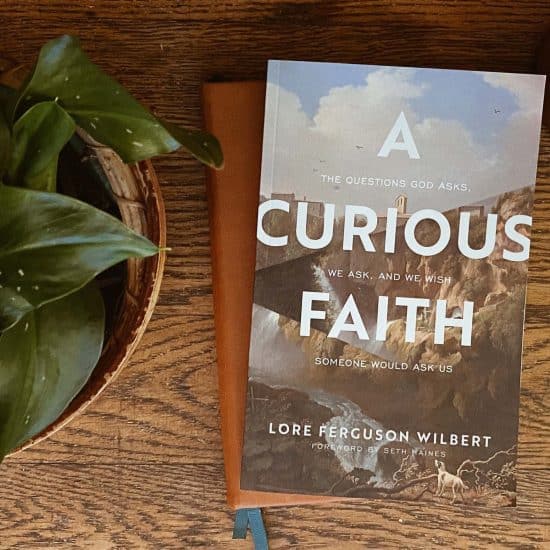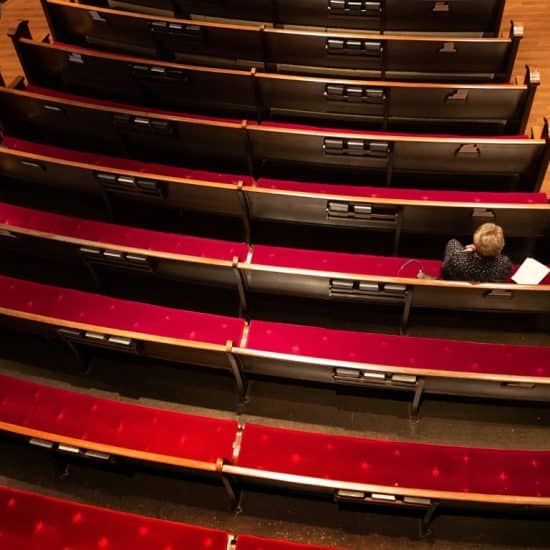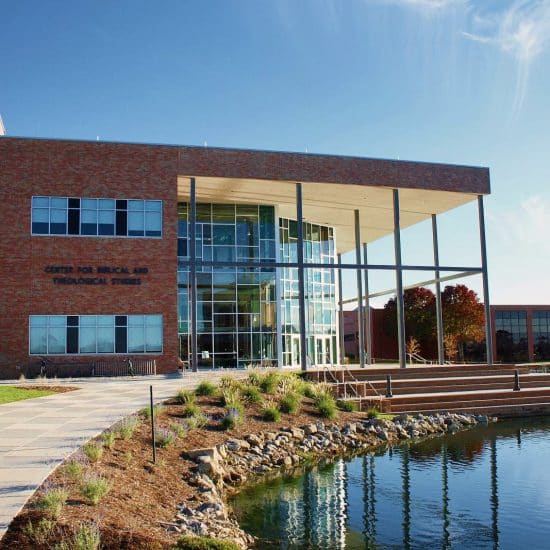Developmental psychologist Susan Engel has written a book titled The Hungry Mind: The Origins of Curiosity in Childhood. She claims that children’s curiosity is triggered when they experience “natural, complicated and messy places to play.”
 Doyle SagerNatural, complicated and messy? That sounds like the cultural terrain of church life today. So instead of shunning all this ambiguity and confusion, perhaps churches should embrace it.
Doyle SagerNatural, complicated and messy? That sounds like the cultural terrain of church life today. So instead of shunning all this ambiguity and confusion, perhaps churches should embrace it.
In nearly every other area of our lives, curiosity is highly valued. Medical breakthroughs occur because someone was curious. Where would the world of information technology be without curious college dropouts working in their garages? Savvy entrepreneurs succeed because they invest in “what if?”
Several years ago, the Lilly Endowment set up grants to encourage “pastoral imagination,” having identified this as critical in preventing clergy burnout. It’s time the Church named curiosity as a virtue.
1. Let’s be Christ’s curious learners.
Curiosity may be the missing piece in today’s Christian discipleship. Could it be that many of our churches are guilty of “teaching for the test” instead of opening richer conversations that would enhance spiritual growth?
Too often, we gather on Sundays and offer our children, youth and adults scripted questions with predetermined answers. Is there ever any room in sermons and small groups for “Why?” or “How could this be so in light of …?”
Moses was drawn to the burning bush. In contrast, too many of us glance at the ineffable mystery of God and mildly shrug, making sure we stay on track with our pre-set worship or classroom agenda.
2. Let’s be curious in our mission.
What happens to the church that never wonders, “What is going on in the lives of people in our neighborhood?” Congregations that never ask, “I wonder what people in our zip code really think of us?” may not be in business very long.
3. Let’s try being curious in our evangelism.
In John 4, Jesus really wanted to understand the Samaritan woman’s frustration, emptiness and worship hang-ups. He was interested in her. His questions eventually opened her heart.
I was once making visits with a seasoned and wise pastor. He said, “Let’s go see Judson. When I visited him a few weeks ago, he said he didn’t need God or the church, but I noticed a well-worn Bible on his end table. I wonder ….”
You guessed it. Later, Judson made a profession of faith because a loving pastor was curious.
4. Let’s become curious listeners.
Honestly, most of us aren’t listening; we are just waiting our turn to talk. But curious listening means we listen deeply for both words and meaning. We wonder why the other person tenses up when certain topics arise. We wonder why she said that in that particular tone, at that particular moment.
5. Let’s remain curious during times of conflict.
One of the most important questions during interpersonal or church conflict is, “What is really going on here?”
I once had a painful conversation with a lovely couple who told me they were leaving the church. We talked about our differences. I asked them, “Would it be possible for us to see this conflict as a nudge by the Holy Spirit to learn more, to lean into the tension and grow together in Christ? Could this be God’s invitation to travel together into something richer and deeper?”
Their answer was no. They left.
6. Let’s see if curiosity could help us with difficult social and political conversations.
When all the social media were on fire with the Caitlyn Jenner controversy, I heard a profound question from a therapist who is a Christian, a person I deeply respect. She asked, “Why do people have to jump immediately to hate, ridicule and shame? Why can’t people be curious about what is going on in that person’s life?”
To ask these questions still leaves us free to agree or disagree on the transgender issue. But beginning with curiosity seasons the dialogue with civility and humility.
In a recent sermon, Andy Stanley encouraged his congregation to engage the current national election cycle by remaining students first, before becoming critics. He went on to say that Christ followers should be the most curious people on the planet, continually open to God’s new thing.
Can you imagine how the tone of our national conversation would change if we all committed to being students before we were critics?
In these six ways (and many more), Christians can remain curious. Curiosity may have killed the cat, but a lack of it could kill the Church!
Doyle Sager is senior pastor of First Baptist Church in Jefferson City, Mo.





